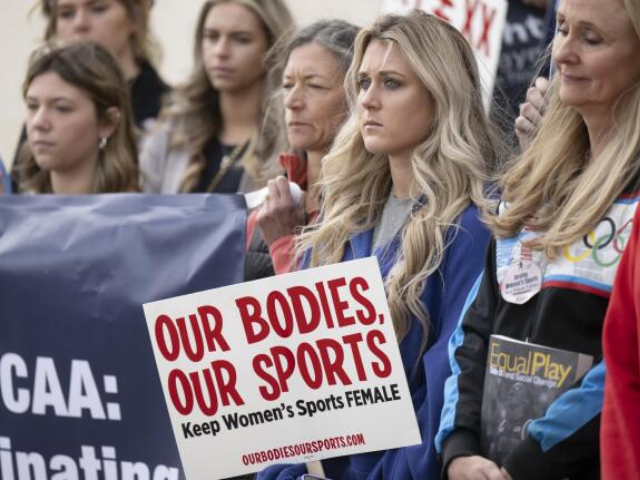
The NCAA has officially changed its gender eligibility rules, banning transgender women from competing in women’s sports.
The announcement comes just one day after President Donald Trump signed the “No Men in Women’s Sports” executive order.
“A student-athlete assigned male at birth may not compete on a women’s team,” the NCAA’s updated policy states. However, biological females will still be allowed to compete on men’s teams.
Previously, the NCAA permitted transgender women to compete in women’s sports after undergoing at least one year of testosterone suppression. The new policy eliminates that provision, citing the need for a “clear, national standard.”
NCAA President Charlie Baker acknowledged Trump’s order, stating that the organization’s Board of Governors had reviewed it and taken necessary steps to align with the directive. “We strongly believe clear, consistent, and uniform eligibility standards serve student-athletes better than conflicting state laws,” Baker said.
The NCAA has faced increasing legal challenges over transgender participation in women’s sports. Former NCAA swimmer Riley Gaines and other female athletes are currently suing the organization, alleging unfair competition and uncomfortable locker room situations. Meanwhile, Trump’s Department of Education has launched investigations into potential Title IX violations at various institutions, including UPenn and San Jose State University.
A recent New York Times/Ipsos poll revealed that 79% of Americans, including 67% of Democrats, oppose transgender women competing in female sports. The NCAA’s new policy solidifies this stance, ensuring future competitions align with biological sex-based categories.



























COMMENTS
Comments are moderated and generally will be posted if they are on-topic and not abusive.
For more information, please see our Comments FAQ